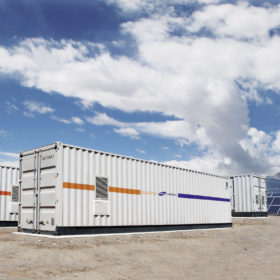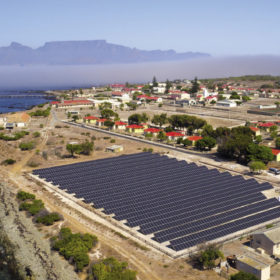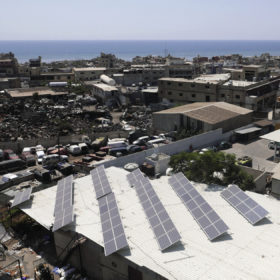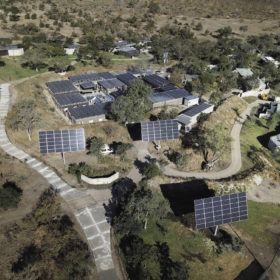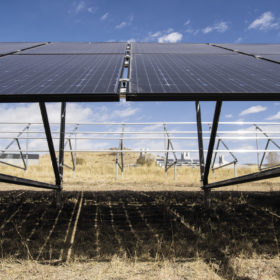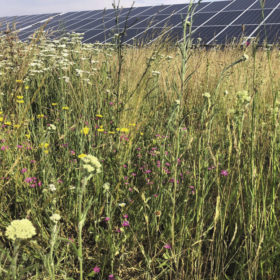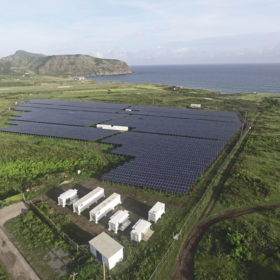Islanding on and off the ocean
Microgrids are traditionally deployed where end users are not spoiled for choice. The remoteness and terrain of the Maldives make grid access impossible, and without any other choice, the deployment of hundreds of microgrids could be spot on. A leaf out of the island nation’s book could also support other less remote regions in preparing for the energy transition.
Around the world in nine microgrids
pv magazine reached out to companies that are active in the microgrid segment for details on the market and its latest tech developments. What follows is a look at some of the most interesting projects from across the globe.
Microgrids taking hold Down Under
From university campuses to mining sites and even a World Heritage-listed rainforest, microgrid projects are popping up across Australia, both to boost reliability and bring down energy costs in rural and remote areas. Challenged by the country’s aging power infrastructure, utilities are turning to microgrids to substitute traditional network connections. As the technology picks up the pace on the ground, new regulatory frameworks for standalone power systems are in the works.
A financial tipping point
Lebanon, like many countries, suffers from a sporadic electricity supply. The aging grid, a lack of domestic fuel and political sectarianism have made electricity both intermittent and expensive. Thousands of diesel generators struggle to meet the shortfall and have not been able to keep pace with demand. Today, Lebanon finds itself one of the three most indebted countries in the world, with one-third of its budget deficit going toward fuel subsidies.
Success factors for hybrid microgrids
When it comes to hybrid microgrids, writes Fabian Baretzky, senior business development and sales manager for Dhybrid Power Systems, the incorporation of various sources of energy and complex requirements for long-term stability of the energy supply require expertise and an effective energy management system.
Model progress
While it has often been referred to as “the future of PV” in recent years, discussions surrounding bifacial technology are now very much in the present. Modules are beginning to roll off production lines in significant numbers, and industry players are boasting of gigawatts of bifacial projects that are already installed or in the late stages of development. But it’s still early days for the technology, and there are questions to answer for it to achieve its full potential. pv magazine investigates the modeling and optimization of bifacial PV’s performance.
Diligence is due, standards are needed
pv magazine’s Quality Roundtable at Solar Power International this year covered everything from backsheet failures to faulty connectors causing fires at PV arrays. But in the end, it all comes down to the same thing: a need for better standards and due diligence from a wide range of parties.
Killing two birds with one stone
A visit to a solar park in the German state of Brandenburg shows how integrating biodiversity concepts with PV can be a strong solution to plummeting insect populations, endangered plant species and soil erosion. Case studies in the United Kingdom and the United States back this up.
Intelligent management for microgrids
The success and benefits of distributed microgrids depend to a large extent on smart controllers. The range of such systems on offer has become increasingly diverse. Our market overview takes a deep dive into what 24 manufacturers are offering.
‘There is a great unmet need in this industry for differentiation’
With its second U.S. production facility coming online in October, First Solar is claiming the title of the “largest module manufacturer in the Western Hemisphere,” and reports that the Series 6 module it introduced in 2018 is now sold out through to the middle of 2021. pv magazine caught up with First Solar CEO Mark Widmar in Berlin recently to discuss the latest developments in the global module market and the company’s plans for the future.
